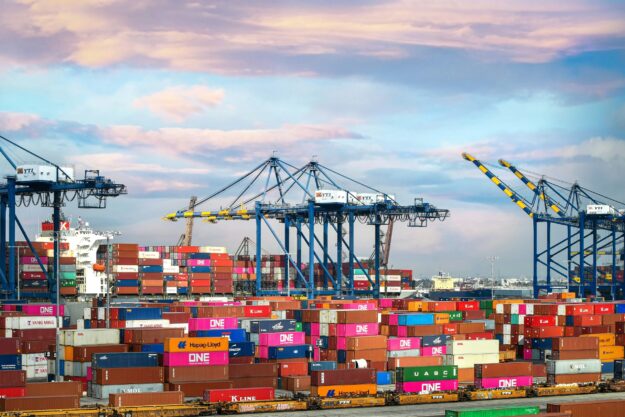South Korean Investment Fuels Growth in Indiana’s Chip-Packaging Sector
In a significant development for the semiconductor industry, a South Korean chipmaker has announced plans to invest a substantial $3.9 billion in a new chip-packaging facility located in West Lafayette, Indiana. Reported by the Wall Street Journal, the forthcoming plant aims to ramp up production of high bandwidth memory crucial for artificial intelligence computing applications.…
Details









